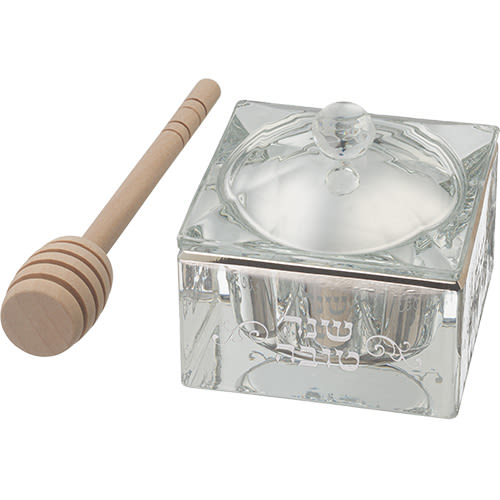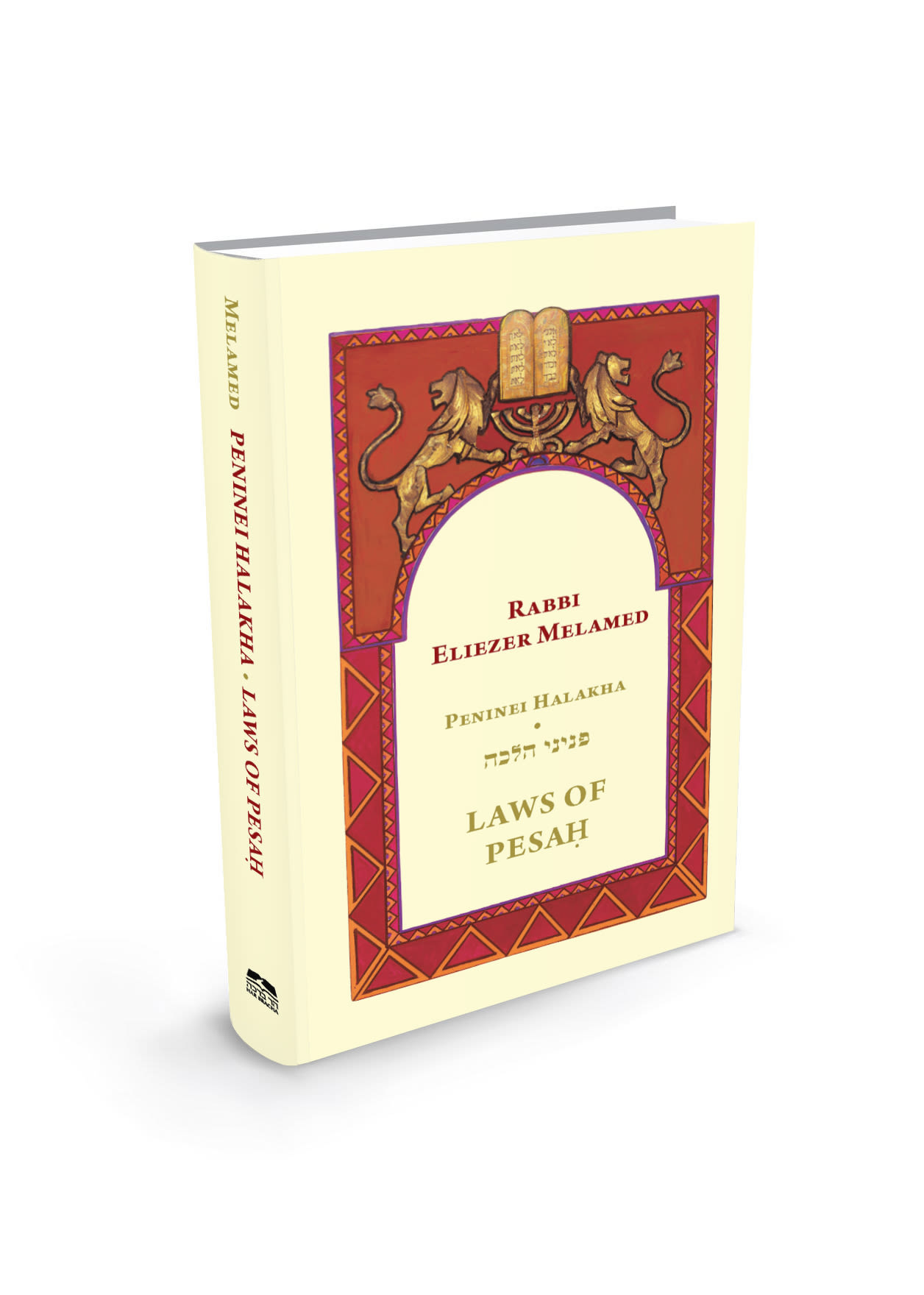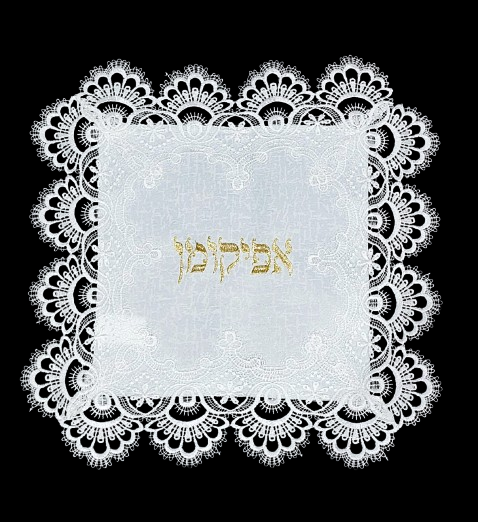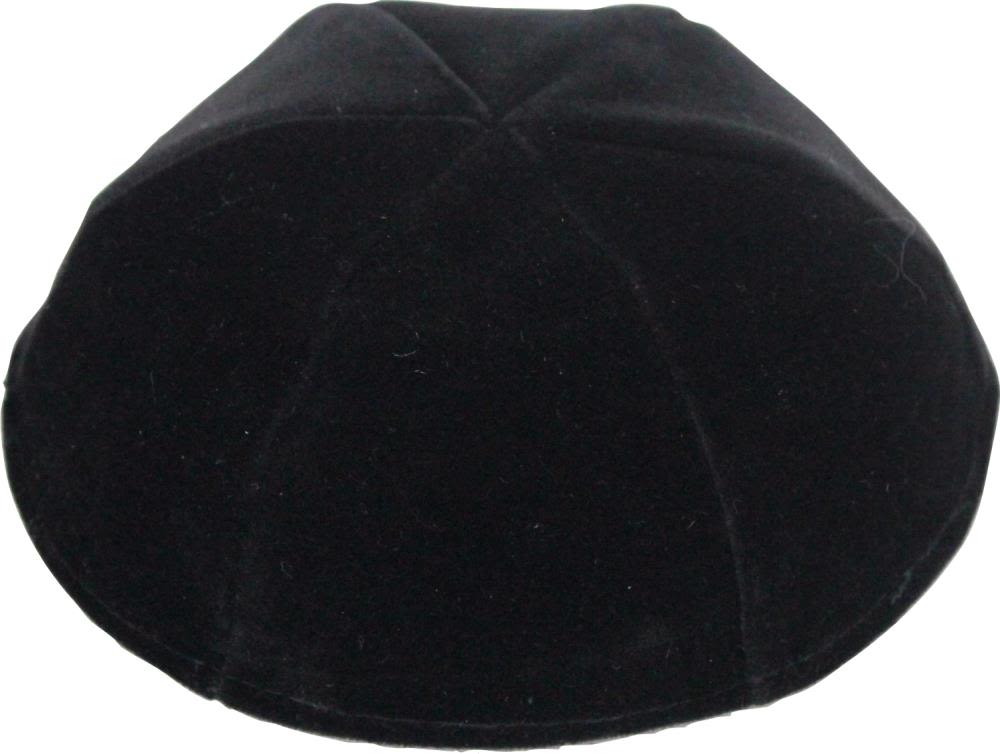
From Frum to Emuna
The doctor was a frum Jew who davened and learned every morning, but did he really believe in Hashem? Did he rely on Hashem ? With a critically injured son, he’s have to…

A Cry From the Heart, Part 2
Continued from last week
How could he be so self-centered? Rivka thought. On numerous occasions she had heard her husband joke about the Gemara that said the best doctors go to Hell. Only now did she understand why. Her husband truly believed that their son’s recovery was dependent on his skills, the state-of-the-art equipment, and the surgeon’s credentials.
Avraham caught sight of Rivka’s petite hands in her lap clutching her book of Tehillim and realized why she was upset. He had omitted Hashem totally from their conversation.
“Have you been saying Tehillim for him?” Avraham asked her. She nodded silently.
A moment later she asked him, “And what about you? I know you’ve been preoccupied, but have you at least had in mind to daven for him?”
The question blindsided Avraham. Daven? Of course he would pray Shacharit in a few hours and would pray for his son then, but what else did she want from him?
 Rivka didn’t wait for an answer. They had been married long enough so that she already knew what he was thinking. He was a frum Jew who davened, was meticulous in his mitzvot and learned every morning, but did he really believe in Hashem? Did he rely on Hashem’s all-encompassing power? She knew that the one mantra that drove Avraham through life was that hard work and experience breed success.
Rivka didn’t wait for an answer. They had been married long enough so that she already knew what he was thinking. He was a frum Jew who davened, was meticulous in his mitzvot and learned every morning, but did he really believe in Hashem? Did he rely on Hashem’s all-encompassing power? She knew that the one mantra that drove Avraham through life was that hard work and experience breed success.
“I mean davening, heartfelt, passionate davening,” she said. “I know you’ve tried everything medical, but have you stopped to ask Hashem for help? We need a miracle.”
Avraham was unable to answer her. She just didn’t understand the pathology of their son’s injuries and he didn’t have the energy or time to explain it. One thing he knew for sure though was that the statistics were not in Yehudah’s favor.
“No, you’re right. I haven’t yet,” he said, grasping for a response that would defuse her anger. To make her happy he added, “While Yehudah is upstairs in surgery I’m going to daven.”
Avraham left Rivka and walked slowly to the empty curtained off area in the back where he always davened. He faced the wall and then froze. Now what? He felt like he had to go through the motions for Rivka, but he didn’t really know how to talk to G-d.
Avraham’s mind searched for the appropriate words to say. He couldn’t remember the last time he had said a prayer from his heart. He didn’t even know where to begin. In yeshivah, he and his friends would race each other to see who could daven the fastest. He was always the first one finished. Even now on the nights that he davened in the ER, all he remembered was going behind the curtains and then four minutes later glancing at his watch as he stepped out. What had he said in between? He had no recollection.
Avraham’s mouth felt dry. He opened it but nothing came out. He felt as if his ability to pray had atrophied from lack of use. He couldn’t think of anything to say other than the standard words of Shacharit, Minchah and Maariv.
While he was gone, Rivka was remembering all the times when her davening was the only thing that got them through challenges. It had taken them more than six years to have Yehudah, their first child. As the years passed without children, Avraham spent more and more of his time investigating possible medical solutions, while she prayed and prayed, often for hours at a stretch, and her prayers were answered.
She prayed for everything in their life – that their children shouldn’t forget their lines during their school plays, that her husband should be successful in his work and that their children should find spouses when they grew up. Avraham would often tease her about her evening talks to Hashem. Now she davened that her husband should be able to find the words to say.
Back in his corner, Avraham faced the wall. His mind wandered to an elderly frum Jewish woman he had treated once in the ER. She had been suffering the final stages of pancreatic cancer. As he was placing her IV, she told him that her cancer was the best gift she had ever received from Hashem. What an odd thing to say, he’d thought. Her frail body and jaundiced appearance showed the extent of her cancer. Apparently she must have been losing her mental capability too.
To make her feel good he had asked her what she meant. She explained that prior to her diagnosis she never had a real relationship with Hashem. Her life had been filled with so much goodness that she had rarely felt the need to ask Hashem for anything. Only through her diagnosis and the subsequent ravages of disease did she really start davening and beseeching Hashem to help her recover. She told Avraham that the disease had brought her closer to her Creator and she truly felt as though He was her loving Father.
Avraham hadn’t thought much about it and pushed the story to the back of his mind. Now, unbidden, it popped up. Maybe there was a message he needed to take from it. Maybe he needed to see his son’s accident as a way for him to try to get closer to Hashem. He knew that his tefillot were not as heartfelt as they should have been.
Avraham had overheard his wife’s personal daily prayers for years now. He’d considered her evening conversations with Hashem merely self-administered therapy to “get things off her chest.” Even after all these years of marriage he’d never validated what she was really doing. With his son in critical condition and undergoing surgery, he suddenly realized that he had no one else to turn to at this point. His life and that of his son were out of his control.
Avraham reached for a chair and sat down to cry. He cried for his son and he cried for his lack of words to pray. He didn’t know where to start. All he could muster up from the depths of his heart was the word help.
Avraham stood up and said the word in a whisper. “Help!”
Then, “Please, help us, Hashem!” Avraham said aloud. Saying the words made them feel more natural to him. “You’re the real doctor. I’m just a guy in a white coat. Hashem! Please! Please heal our son. Yehudah ben Rivka needs a complete recovery!”
The words began to pour out. He was oblivious to the passage of time. He finally emerged from behind the curtain more than an hour later, feeling completely worn out but no longer alone. He felt as though his davening would help him through this crisis regardless of the outcome.
His wife was asleep, slumped over in the hard hospital chair, her hands still clutching her Sefer Tehillim. As he watched her sleep he realized how many blessings Hashem had given them and how he had taken each one for granted. His life had come so easily for him. Physically and emotionally exhausted, he collapsed into the chair next to Rivka.
At 9:15 a.m. he was shaken awake by the ringing of his cell phone.
“Hello,” he said groggily.
“Dr. Gurya? It’s Rabbi Rosenthal from Yehudah’s yeshivah. How is he doing?”
“He still hasn’t come out of surgery,” Avraham said.
“I wanted to tell you that we just assembled the boys in the yeshivah to recite Tehillim.”
Avraham’s eyes began to tear. A day ago he would have doubted the effect of prayer on the well-being of his son. Now he felt that if his son was going to survive it would be solely because of those words.
“Thank you,” he said. “Can you do me a favor? Can you stay on the phone? I want to hear the Tehillim.”
“Certainly.”
Avraham woke up Rivka and put the phone on speaker. A few moments later they heard the cracking voice of the Rosh Yeshivah. He cleared his throat and then called out quietly, “Shir hamaalos mimaamakim karasicha Hashem!”
The bachurim called out together, “Shir hamalos mimaamakim karasicha Hashem!”
Avraham pleaded silently with Hashem, “Please heal my son and allow us all to grow from this experience.”
The Tehillim continued: “Hashem shema bekoli tehi’ena oznecha kashuvos lekol tachanunai!”
Avraham looked up and saw the surgeon walking toward them.
“Im avonos tishmar Kah, Hashem mi yaamod! ” The words from the phone were practically deafening.
Dr. Jones sat down next to the Guryas and said, “The surgery was successful and we were able to save your son. It was a very challenging surgery but we were able to remove his spleen and stop the internal bleeding. He needed multiple transfusions. Although he has a difficult road ahead of him, his survival was nothing less than a miracle.”
“Ki imcha haslichah lemaan tivareh!”
Avraham and Rivka were crying when the surgeon walked away.
“Kivisi Hashem kevesa nafshi velidvaro hochalti!”
Avraham wiped away his tears, looked up and said out loud, “Thank you Hashem!”
* * *
Following surgery, Yehudah was transferred to the intensive care unit where he remained for the next two weeks. He then had a lengthy and painful stay at a local rehabilitation center. His son’s recovery was not easy, but over the next few months Avraham found his talks to Hashem to be therapeutic. His tefillot not only helped to heal his son but also himself. He felt as if he had developed a new relationship with Hashem.
Every year on the anniversary of the accident, the Gurya family gathers to remember the miracles and invites their entire community to a night of classes on the power of tefillah and each individual’s relationship with Hashem. The anniversary marks the miracles that occurred both to Yehudah and to Avraham, who for the first time in his life discovered the secret and power of tefillah from the heart.
(Originally published in Hamodia Magazine’s fiction section November 17, 2010)












1/20/2016
amazing article. Must read!
1/20/2016
12/26/2010
so moving What a moving story! You can just picture it happening. And when he reaches breaking point…it takes what it takes but Hashem wants an open heart from us and ultimately it's what we want too.